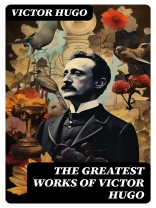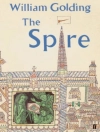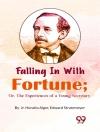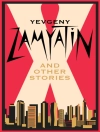In ‘The Greatest Works of Victor Hugo, ‘ readers are invited to explore the masterful narratives that established Hugo as a cornerstone of 19th-century literature. This anthology encompasses his most noted novels, including ‘Les Misérables’ and ‘The Hunchback of Notre-Dame, ‘ celebrating his profound exploration of human struggle, morality, and social injustice. Hugo’s literary style, characterized by rich symbolism and vivid characterizations, interweaves emotional depth with philosophical inquiry, providing a resonance that transcends time and space. Set against the backdrop of a turbulent France, his works often reflect the sociopolitical upheaval of the era, inviting readers into a world of both darkness and hope. Victor Hugo, a poet, novelist, and playwright, was deeply influenced by the revolutions and socio-political currents of his time. His experiences as a political activist and exile shaped his worldview, inspiring him to advocate for the underprivileged through passionate storytelling. Hugo’s tumultuous life, marked by personal tragedies and intense political engagement, infuses his narratives with a profound empathy for the marginalized and suffering. For those seeking to delve into the intricacies of humanity through the lens of one of literature’s greatest minds, ‘The Greatest Works of Victor Hugo’ is an essential companion. It is an opportunity to understand the depths of human emotion and moral complexity, making it a must-read for both scholars and casual readers alike.
Об авторе
Victor Hugo (1802–1885), a towering figure in the 19th-century literary canon, was a French poet, playwright, and novelist of the Romantic movement. His oeuvre is profound and extensive, influencing a myriad of writers and thinkers of his time and beyond. Hugo is best known for his novels ‘Les Misérables’ (1862) and ‘The Hunchback of Notre-Dame’ (1831), both cornerstones of modern literature and keystones in ‘The Greatest Works of Victor Hugo’. His literary style blends rich descriptive detail with deep social and political concerns, capturing the spirit of his epoch and the intricacies of the human condition. His work transcends mere storytelling, embodying the revolutionary spirit of France with impassioned critique of social injustice and fervent humanitarianism. Hugo’s poetry is equally celebrated, showcasing his command of language and emotion, especially in collections such as ‘Les Contemplations’ and ‘La Légende des siècles’. His influence extends into the realms of philosophy and history, reiterating his status as a multi-faceted genius. In Hugo’s novels, characters struggle against fate and societal constraints, reflecting his belief in personal freedom and moral progress. These themes resonate in ‘The Greatest Works of Victor Hugo’ which encapsulates his legacy as a beacon of artistic and intellectual enlightenment. His prose, marked by its eloquent and grandiose style, continues to captivate readers and solidify his place as a monumental author in world literature.












